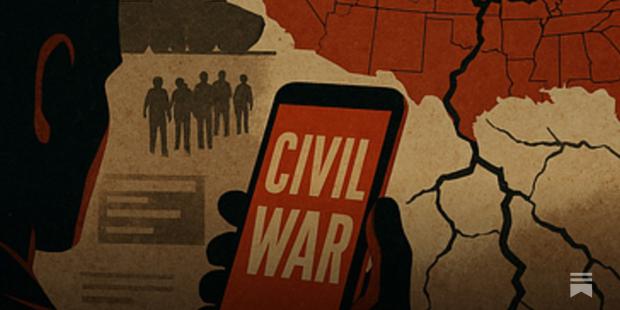
Breaking News
 The preventable plague: How man-made poisons are fueling a Parkinson's epidemic
The preventable plague: How man-made poisons are fueling a Parkinson's epidemic
 Polar vortex unleashes historic cold: Record lows, travel chaos and crop threats
Polar vortex unleashes historic cold: Record lows, travel chaos and crop threats
Top Tech News
 Blue Origin New Glenn 2 Next Launch and How Many Launches in 2026 and 2027
Blue Origin New Glenn 2 Next Launch and How Many Launches in 2026 and 2027
 China's thorium reactor aims to fuse power and parity
China's thorium reactor aims to fuse power and parity
 Ancient way to create penicillin, a medicine from ancient era
Ancient way to create penicillin, a medicine from ancient era
 Goodbye, Cavities? Scientists Just Found a Way to Regrow Tooth Enamel
Goodbye, Cavities? Scientists Just Found a Way to Regrow Tooth Enamel
 Scientists Say They've Figured Out How to Transcribe Your Thoughts From an MRI Scan
Scientists Say They've Figured Out How to Transcribe Your Thoughts From an MRI Scan
 SanDisk stuffed 1 TB of storage into the smallest Type-C thumb drive ever
SanDisk stuffed 1 TB of storage into the smallest Type-C thumb drive ever
 Calling Dr. Grok. Can AI Do Better than Your Primary Physician?
Calling Dr. Grok. Can AI Do Better than Your Primary Physician?
 HUGE 32kWh LiFePO4 DIY Battery w/ 628Ah Cells! 90 Minute Build
HUGE 32kWh LiFePO4 DIY Battery w/ 628Ah Cells! 90 Minute Build
 What Has Bitcoin Become 17 Years After Satoshi Nakamoto Published The Whitepaper?
What Has Bitcoin Become 17 Years After Satoshi Nakamoto Published The Whitepaper?
The coming (fake) civil war

We were the first generation to live through a live-fire drill for mass control. They called it a pandemic, but anyone paying attention could see it was a psychological experiment on a planetary scale. A virus—real enough (or not), but exaggerated beyond recognition—became the perfect pretext for a global obedience test. We learned to fear our neighbors, accept suspended liberties as the price of safety, and view reality through screens instead of senses. The real lesson wasn't about medicine. It was about conditioning. It proved you could put a population into permanent anxiety and tribal hysteria without ever showing them a body in the street. The battlefield wasn't physical—it was psychological.
Soon, we might expect the sequel, and it's going to be worse. But it won't be a Plandemic this time. It'll come in the form of a narrative: that America is headed for civil war. You'll hear it everywhere—on cable news, in your feed, from AI-generated "whistleblowers" who don't exist. And the beauty of it, for those running the game, is that it doesn't even have to happen. It just has to feel like it's happening.

 The coming (fake) civil war
The coming (fake) civil war How To Make Cardboard Logs
How To Make Cardboard Logs  Unbanked In A Connected World
Unbanked In A Connected World

